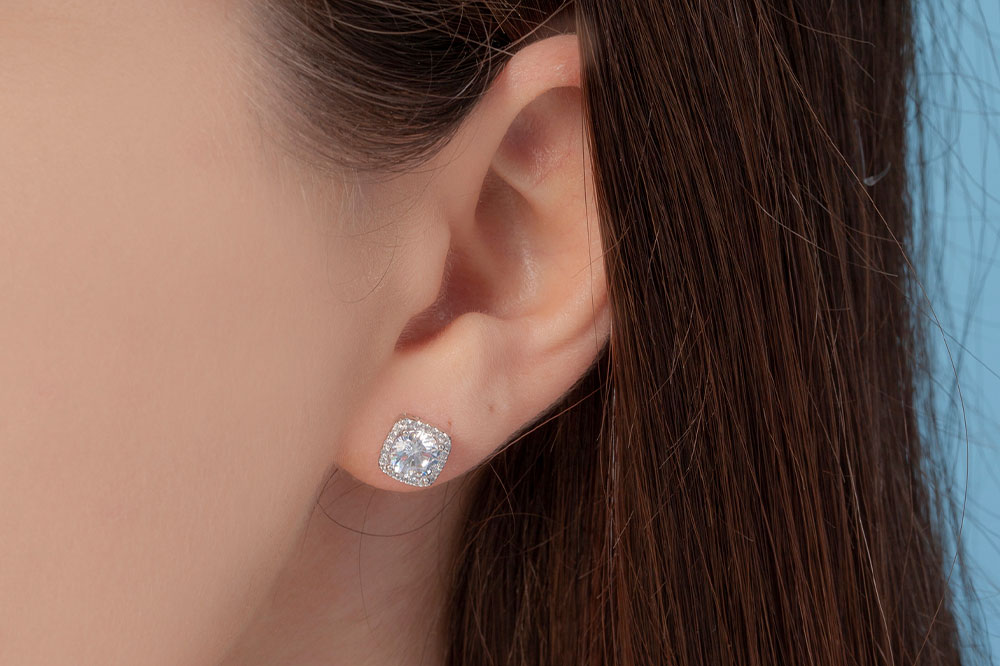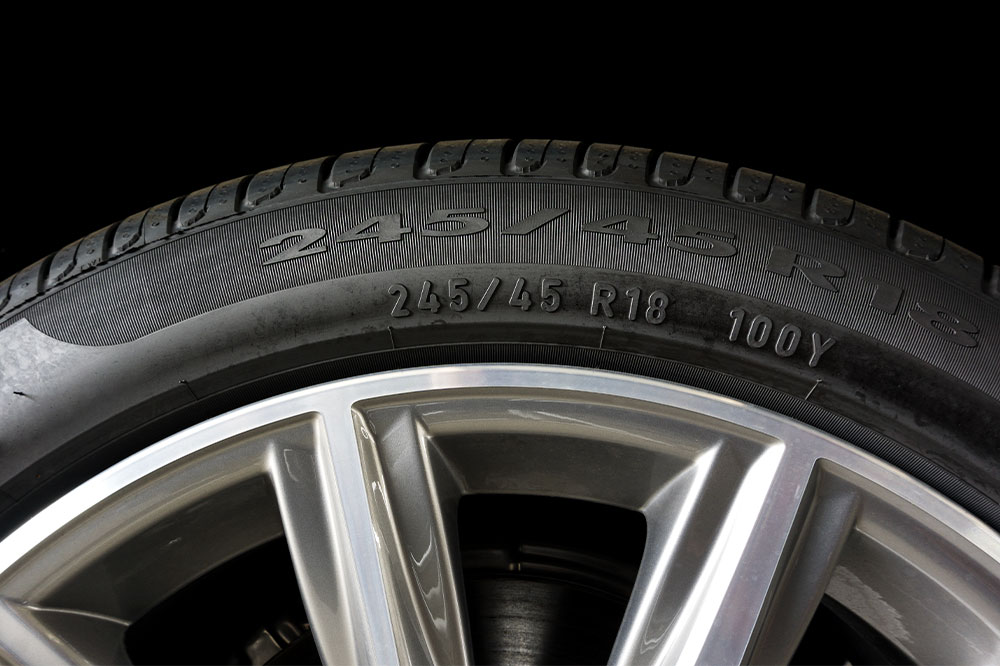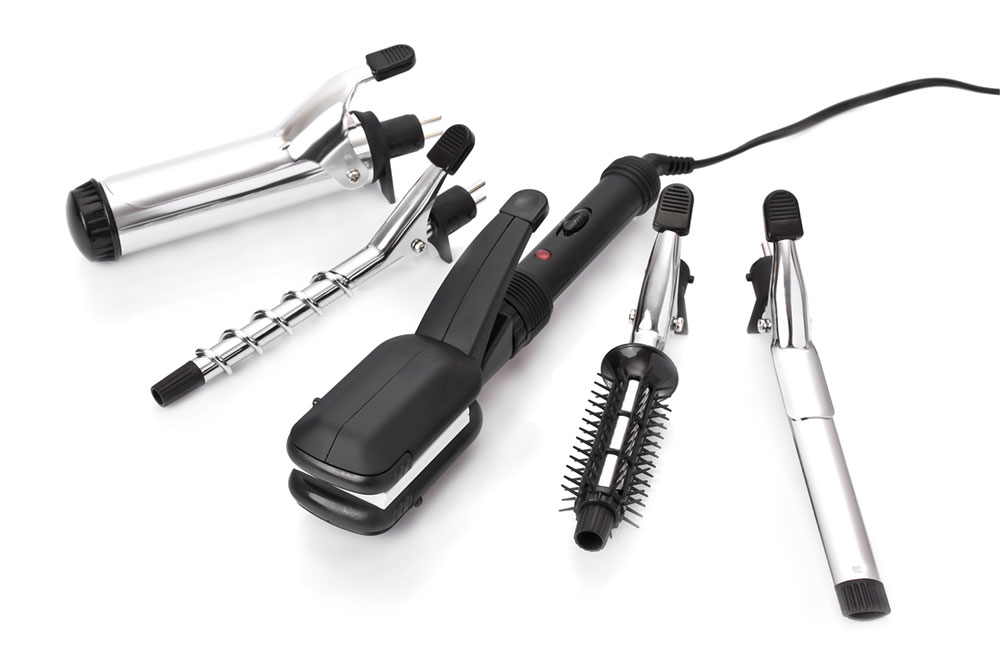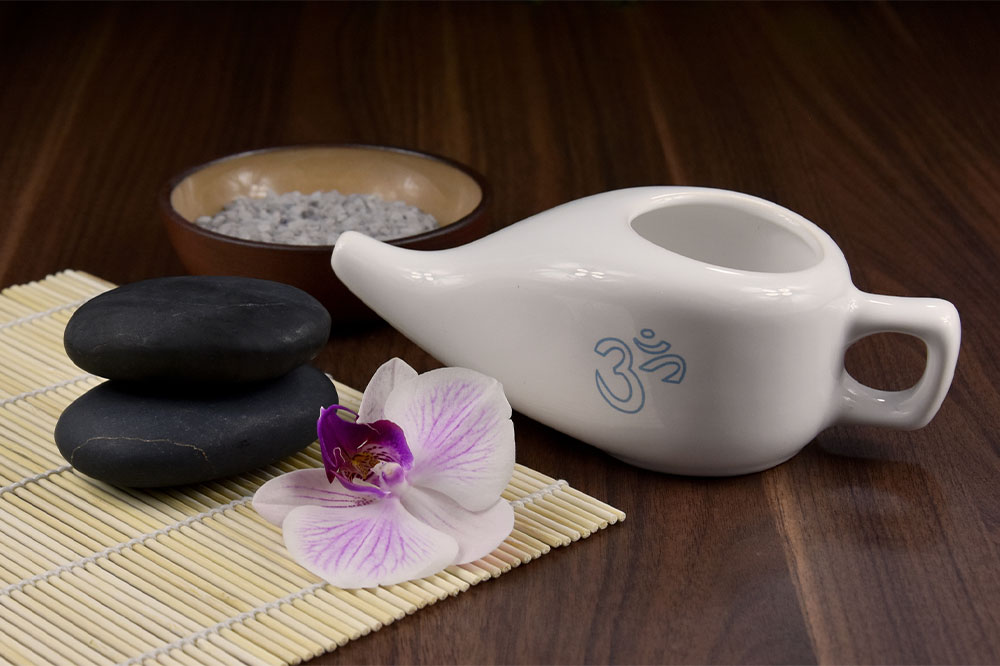5 important things to know before buying pet insurance

These days, pet owners face the dilemma of skyrocketing healthcare expenses for their furry friends. To navigate this challenge, pet owners can opt for pet insurance. This is a helpful way to cover veterinarian bills if your pet gets sick or injured. However, each policy may vary in cost and coverage. Furthermore, not all plans may suit one’s budget or the pet’s needs. Therefore, it is important to consider various aspects before finalizing a policy.
- Types of insurance plans and coverages
Pet insurance plans are usually available in two types – comprehensive and limited-coverage plans. Limited coverage plans only cover emergencies, such as poisoning, bloat, and bites, whereas comprehensive plans offer coverage for various illnesses. Some comprehensive plans may also offer coverage for hereditary diseases and injuries. So, before purchasing a pet insurance policy, one must consider which type is best suited for the pet’s needs. Secondly, one must also check the other coverages that the policy offers. For instance, many pet insurance policies also offer coverage for annual health examinations, vaccinations, and routine dental procedures.
- The policy for pre-existing conditions
Like insurance policies for humans, pet insurance policies also have strict guidelines about pre-existing conditions. It means that if one’s pet has been showing certain signs of injuries, illnesses, or any health conditions before the policy was purchased, that particular condition may not be covered. For instance, if a dog has had a knee injury since before the policy was purchased, the insurance provider will not offer coverage for any costs relating to that knee injury. It is also important to note that some pet insurance policies can also have a waiting period. This means that coverage will only begin after a certain period, ranging from a few days to a month.
- Insurance claims can only be made via reimbursements
Before buying a pet insurance policy, individuals must know that the claims for most of these policies can only be made in the form of reimbursements. This means that pet owners would have to pay the total amount for any covered healthcare expenses for the time being. The insurance company will then reimburse them later for this amount. In most cases, one may not get reimbursed the total amount but only a maximum percentage. In such cases, the veterinarian can also provide them with an estimate of how much the insurance provider will reimburse based on the treatment procedure. However, some insurance providers offer direct claims where pet owners don’t need to pay any amount upfront.
- Factors that determine the premium
Pet owners must also understand that the premium of their pets’ insurance policies will depend upon many factors. A few aspects that determine the premium of the policy include-
- Age – The pet’s age is a significant factor that affects the premium amount. The younger the pet, the lower the premium will be since it is at a lower risk of illnesses.
- Type of pet – The premium amount also depends on the type of pet. For instance, insurance policies for cats usually have lower premiums than those for dogs.
- Breed – Besides their type, the breed of the pet also affects the insurance premium amount. This is because some breeds of certain animals are less prone to illnesses and injuries than others. For instance, dachshund dogs are more prone to back ailments due to their physical structure.
- Locality – The cost of living in the area where one resides with one’s pet can also affect the premium amount. More expensive localities may have higher premiums.
- The deductibles
For a pet insurance policy, the deductible refers to the amount the owners must pay before the coverage begins. If an insurance policy offers a higher deductible amount, it will have lower monthly premiums that pet owners must pay. However, this would mean that while pet owners can save on their monthly expenses, they would need to have a substantial amount set aside to pay as a deductible for when their pet needs healthcare assistance.
Pet insurance can be a useful tool in navigating the spiking costs of veterinary care for one’s furry companion. However, it’s crucial for pet owners to carefully research before selecting a policy. By carefully assessing the abovementioned factors and choosing a policy that aligns with one’s budget and the pet’s needs, pet parents can offer the best care for their furry companions.






